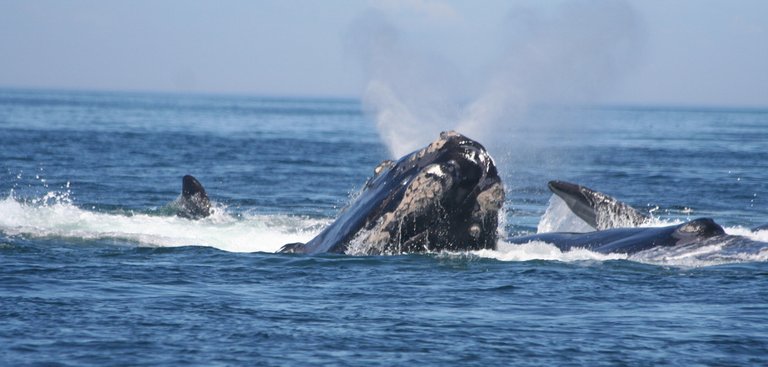Microorganisms of the bowel of the whales are similar to the most terrestrial herbivores

Although they feed on fish and crustaceans, a study reveals that the intestinal microbe of whales has similarities with that of terrestrial herbivorous mammals. Thus, it is confirmed that, in addition to the diet, the composition of the communities of microorganisms of the animal intestine is related to the evolutionary origin. The research has been published in the journal Nature Communications. Panda's is a significant example. It only eats bamboo, but the intestinal microbiot of panda is more like the bear than mammals with a similar diet. Bears have a totally different diet, but they are the closest relatives of pandas. Therefore, it seems that the inheritance inherited from the ancestors has to do with the formation of the intestinal microbiota of the panda.Like Panda, the whales moved away from the diet of the evolutionary relatives. In fact, whales have their origin in terrestrial herbivorous mammals, which evolved from the same ancestor of cows and hippos. And in this new research it is clarified that something like pandas has happened with the microbial communities of the whale intestine. And they have seen that the microbial composition of the whales is similar to that of terrestrial herbivores. However, being carnivores, they also have certain similarities with terrestrial carnivores. In fact, the whales have a multi-chamber structure like ground ruminants. In addition, they believe that thanks to this structure and a microbiosis similar to herbivores, the whales can digest the abundant chin in the shell of crustaceans.
Buletina
Bidali zure helbide elektronikoa eta jaso asteroko buletina zure sarrera-ontzian











